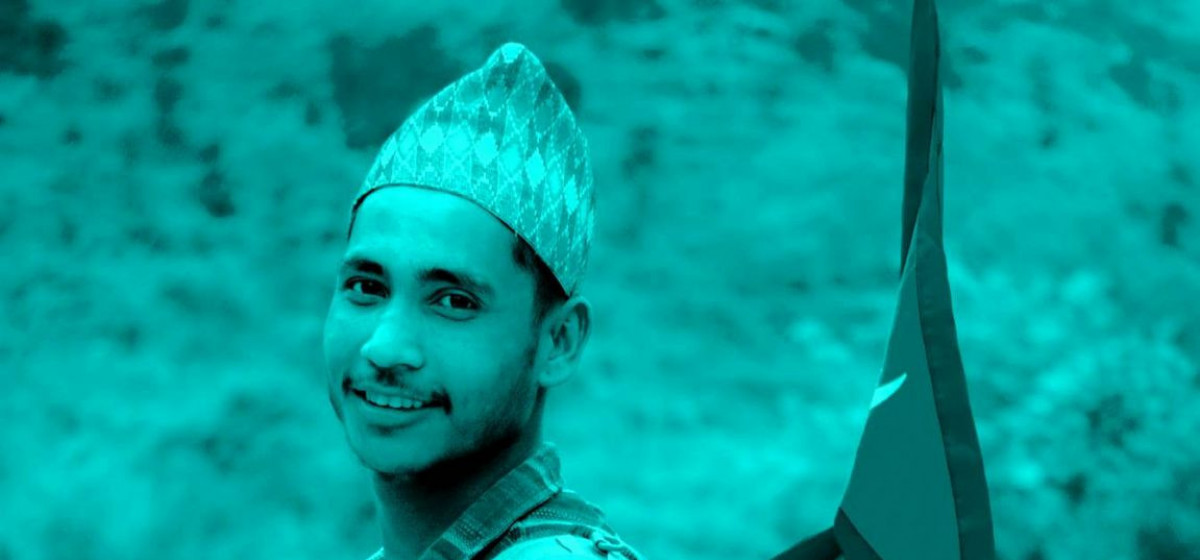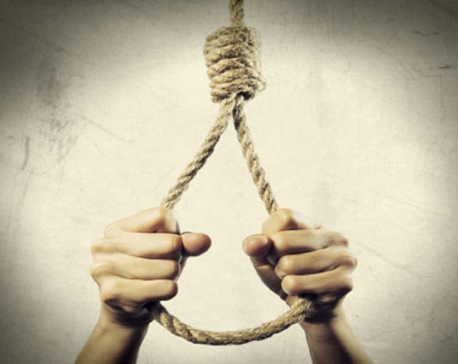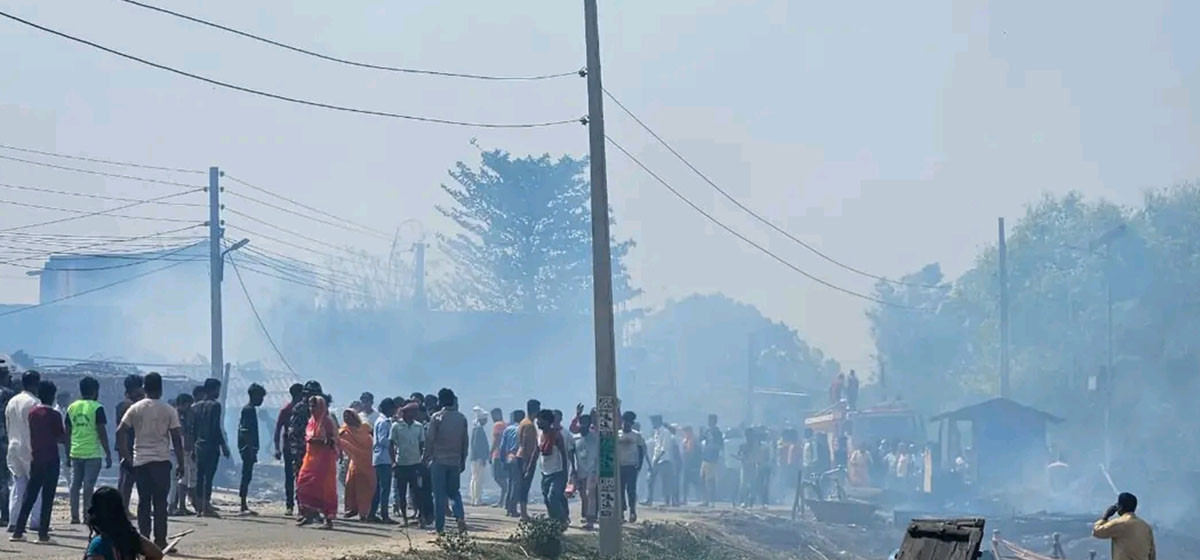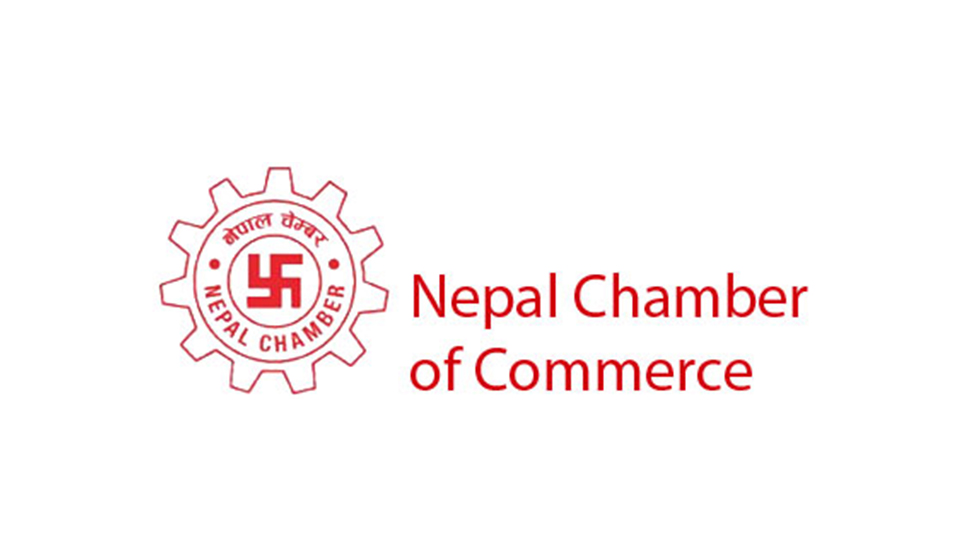
OR

More from Author
The perpetrators of atrocious caste-crimes often go unpunished due to their connections with the politicians or bureaucrats.
On May 23, Nawaraj Bk, along with a group of his friends from Jajarkot district, traveled to Soti in Chaujahari Municipality of Western Rukum district to bring Nawaraj’s girlfriend as his bride back to their home district. But they were attacked with weapons, stones and chased into the Bheri River. The dead bodies of five men including Nawaraj were discovered later while another man is still missing.
Nawaraj was a Dalit, a class of Nepalis, who are considered untouchable. His girlfriend belonged to the “higher caste”. They were attacked by a village mob, incensed that he was daring to marry a girl from the so-called “dominant caste group”.
It is sad to see the news of caste-based discrimination and violence during the COVID-19 pandemic when society is expected to be united and show solidarity. Dalit population, who make up around 13 percent of Nepal’s population, has been abused for long. Now, violence against them is spiking. The difference between the low castes and high castes, not only persists, but it also manifests itself through more complex forms of violence and discrimination now. The tradition of untouchability and caste-based mistreatment is still being practiced in our society even though it was formally outlawed in Nepal.
So much has changed. Nepal became a democratic republic after abolishing the monarchy. Nepal expanded reservations to include the marginalized groups. But caste infrastructure is still the one that counts. It has asserted itself in new ways. It won’t wither away unless the caste-based prejudices persist in our minds.
The caste system is deeply rooted in society. In marriage, it bears itself out prominently. Caste is the main criterion for an arranged marriage. However, there are exceptions but they are very rare. It is illegal to practice untouchability but many Nepali do it, even in urban areas. Dalits are not even allowed to enter in temple. In some rural areas, people of the so-called ‘dominant caste group’ don’t even drink water, touched by Dalit.
The new constitution of Nepal added extra protections for Dalits. Yet, discrimination and violence against them haven’t reduced. 18 Dalits have lost their lives due to caste-based violence since 2011 when the Nepal government formally prohibited the bias against the low castes. The numerical improvement in the reservations or protections for Dalits doesn’t make an equal society unless we understand that all humans are equal and the government ensures their rights to live with dignity and respect.
In another incident, just a day before Nawaraj was murdered, a 12- year old Dalit girl was killed in Devdah village of Rupandehi district. She was found hanging from a tree on May 23, a day after she was forcibly married to a guy from the so-called ‘upper caste’ who raped her. Locals had pressured the boy’s family to accept her as his wife. The boy married her but she was murdered four days after the marriage. The boy’s family claims that she committed suicide but a preliminary police investigation has found that she was raped and murdered.
The United Nations body has condemned the caste-based killings and urged for an independent investigation. The British rights group, Amnesty International, has also urged Nepal’s authorities to investigate the incidents effectively. The incidents sparked a huge outcry in social media and the Parliament of Nepal. This prompted the government to form a high-level committee for the investigation of the incident.
There is a fear that justice will not be delivered as there is the involvement of representatives of local government in both incidents. There are doubts about independent and effective investigations. In the past also, there were similar incidents where there were no fair and effective investigations. In 2016, an 18-year-old boy from a low caste group married his girlfriend, who belonged to the so-called ‘dominant caste group’. He was found hanging after five days of marriage. The police buried his body without any effective investigations after declaring it a suicide.
In Nepal, the poor and powerless rarely get justice. The perpetrators of atrocious caste-crimes often go unpunished due to their connections with the politicians or bureaucrats. Until we stop the prevailing culture of impunity that protects the rich and powerful, these kinds of incidents will continue. We should stop this. We should raise our voice against this culture. We should put pressure on the government and authorities to punish the culprits. No one is born low-caste or high-caste. It’s the society that labels them. Caste-based prejudices persist in our minds. We can reduce such prejudices by starting awareness campaigns against caste-based discrimination.
He can be contacted at brabim7@gmail.com
You May Like This

Woman commits suicide after murdering her husband in Tokha Municipality
KATHMANDU, Jan 9: A woman has committed suicide after murdering her husband in Tokha Municipality. ... Read More...

Dailt youths killed in Chaurajahari incident have serious head injuries: Police
RUKUM, May 30: Police have said that the youths, who were killed in violence resulting from caste-based discrimination in West Rukum... Read More...

How ‘communists’ betrayed Nepal’s Dalits
During the People’s War (1996-2006), I was working as the secretary of People's Power Consolidation Department in the base area.... Read More...






Just In
- Silent period for by-election to begin from midnight
- SC issues short-term interim order to govt and TU not to take immediate action against TU legal advisor Khanal
- National consultation workshop advocates to scale up nutrition smart community in Nepal
- Patan High Court issues short-term interim order to halt selection process of NTB’s CEO
- NEPSE inches up 0.15 points; daily turnover increases to Rs 2.53 billion
- Bagmati Govt mandates tri-lingual signboards in offices
- Inferno destroys 70 houses in Mahottari
- Health ministry urges precaution against heatwave














Leave A Comment